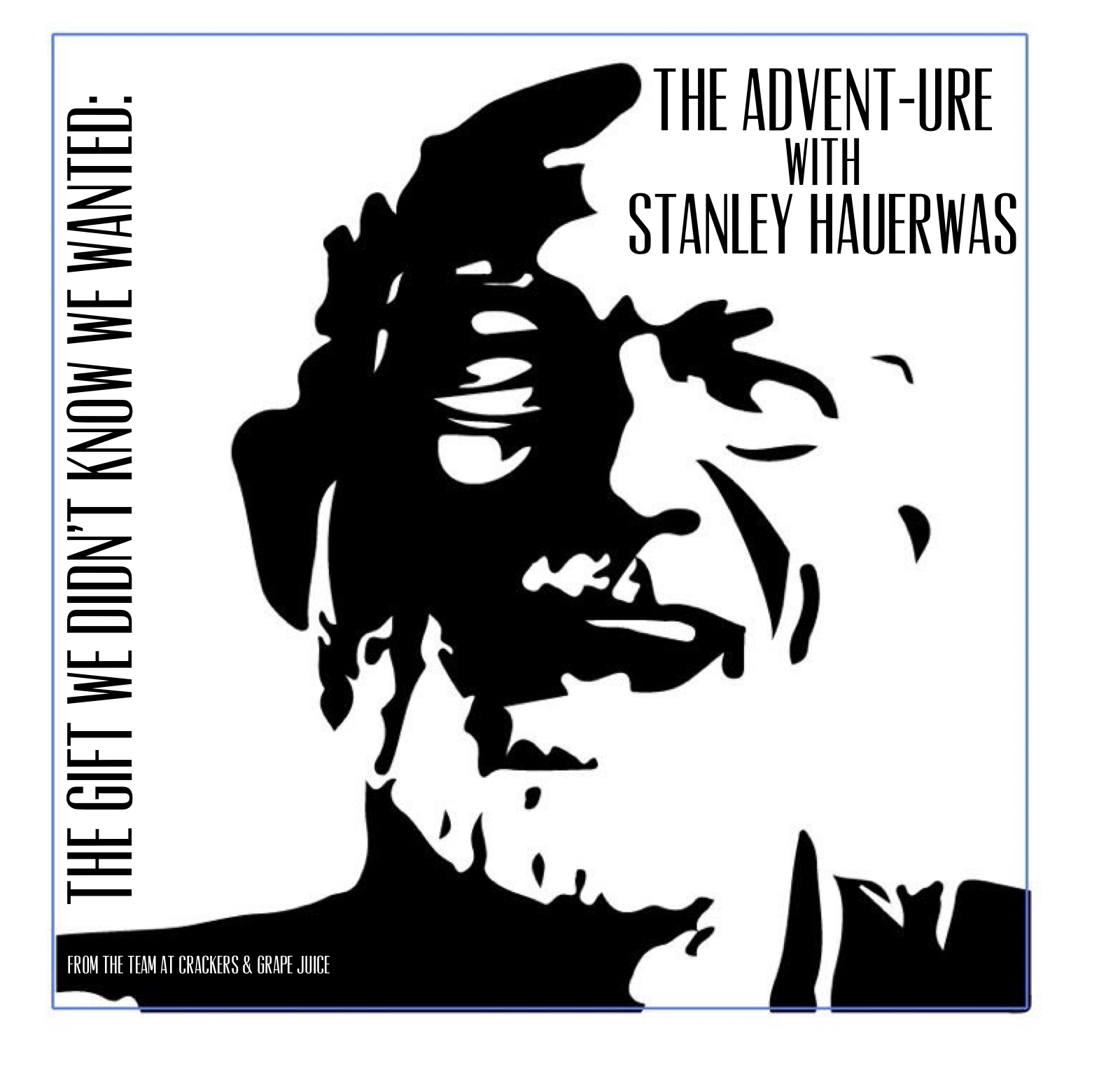
 Matthew 1:18-25
Matthew 1:18-25
It’s probably wrong that when I read this particular Advent passage, the one where an angel of the Lord dream-‘splained the “situation” with Mary to Joseph, that I think of a Sam Kinison joke. The Pentecostal preacher-turned-comedian’s punchline sums up what Joseph may have been thinking, muttering to himself, looking at little Jesus, “Yeah, you better be the son of God, I’ll tell you that. And you had better be the ONLY son of God!”
The joke beautifully underlines the fact that Joseph was a human being, with real thoughts and emotions, rather than design balance for religious artwork and handicrafts.
In a 2013 Advent sermon preached at Nashville’s Christ Church Cathedral, titled, “Mary, Mother of God,” Stanley Hauerwas explains why the very humanness of Mary and Joseph is so vitally important to our understanding of Advent, beyond the merely compositional.
“Mary and Joseph are real people who had to make decisions that determined the destiny of the world. Isaiah had foretold that a Mary would come, but we had no idea what Isaiah’s prophecy meant until Mary became the Mother of God. This is no myth. These are people caught up in God’s care of his people through the faithfulness of the most unlikely people. They are unlikely people with names as common as Mary and Joseph, but because of their faithfulness our salvation now depends on acknowledging those names.”
WH Auden, the go-to writer when you need a juicy quote, also explores this idea of the importance of Mary’s actuality, her realness, her creatureliness.
“The Christian conception of a unique revelation in history is as incompatible with Jung as it is with Marx, with cyclical theories of time as with doctrines of the Wave of the Future. One cannot, for instance, identify the cult of the Earth Mother with the cult of the Madonna; the former is a dynamo in disguise, the falsely personal image of the impersonal forces of nature; the latter, through her actual personal historical existence on earth, has become the type and pledge of the redemption of the natural order.“
Later in his sermon, Hauerwas points to a key hallmark of our creatureliness: time.
“Advent is a time the church has given us in the hope we can learn to wait. To learn to wait is to learn how to recognize we are creatures of time. Time is a gift and a threat. Time is a gift and a threat because we are bodily creatures. We only come into existence through the bodies of others, but that very body destines us to death. We must be born and we must die. Birth and death are the brass tacks of life that make possible and necessary the storied character of our lives. It is never a question whether our lives will be storied, but the only question is which stories will determine our living in and through time.”
“We are creatures of time.” That’s a potent thought, and one that philosophers and theologians and scientists have been wrestling with for years, which is why I am going to quote Rabbi Abraham Joshua Heschel, instead of myself, since I am not in any of the above wrestling weight classes. In the prologue of his book,The Sabbath, Rabbi Heschel echoes many of Hauerwas’s thoughts on our relationship to time.
“It is impossible for man to shirk the problem of time, Spiritual life begins to decay when we fail to sense the grandeur of what is eternal in time.” going on to add, “The Bible is more concerned with time than with space. It sees the world in the dimension of time. It pays more attention to generations, to events, than to countries, to things; it is more concerned with history than with geography. To understand the teaching of the Bible, one must accept its premise that time has a meaning for life which is at least equal to that of space; that time has a significance and sovereignty of its own.”
As I was thinking about this passage and Hauerwas’s sermon, a lyric from George Michael’s 1990 hit, “Praying for Time” kept running through my head. Stanely comes up with, “Time is a gift and a threat,” and I come up with pop song lyrics — yeah, that sounds about right.
It’s hard to love, there’s so much to hate
Hanging on to hope when there is no hope to speak of
And the wounded skies above say it’s much too late
So maybe we should all be praying for time
It’s almost an Advent lament, but it’s a waiting without hope, and time becomes a finite resource, its very limits to be feared. In this time of waiting, Hauerwas reminds us why we don’t have to be afraid.
“We are Christians. We live in Mary’s time. Such a time is anything but empty. Rather, it is a time storied by people whose lives witness to the Lord of time, the Lord who encompasses all life and death. I suggested above that there was a politics often associated with the question, “Do you believe in the virgin birth?” There is also a politics that is entailed by our affirmation that Mary is the Mother of God. The politics of Mary is a politics of joy characteristic of a people who have no reason to be desperate. They have no reason to be desperate because they have faith in the Lord of time”
Matthew 1:21 records to a specific moment of time, one Isaiah pointed to, with Mary and Joseph as not only witnesses, but active participants.
Advent recreates that moment, with us celebrating what has already happened; the coming Christ and in Him, the redemption of His people — and not a moment too late.
“She will give birth to a son, and you are to give him the name Jesus, because he will save his people from their sins.”
